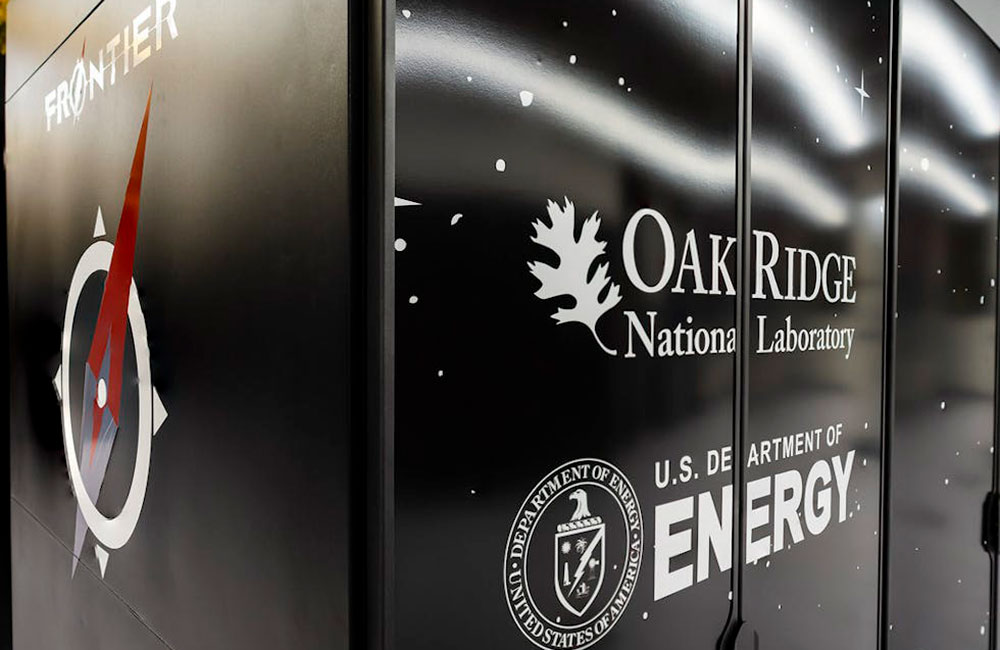Data Modeling Strategies in Federal Climate Resilience Efforts

As government tackles the effects of climate change, the Department of Energy has made climate resilience and adaptation a key priority. The Argonne National Laboratory and the Oak Ridge National Laboratory are two facilities working to offer climate modeling that enables more data-driven decisions. Through an applied research model, the labs are mapping decarbonization pathways and risk mitigation, with a focus on climate justice and critical infrastructure. Data leaders discuss how they’re unlocking critical data-sharing efforts, spurred by the Bipartisan Infrastructure Law.


-
 Scott Barr Technology and Consulting Services Practice Lead, Maximus
Scott Barr Technology and Consulting Services Practice Lead, Maximus -
 Kyle Pfeiffer Director, Research and Development, Argonne National Laboratory, DOE
Kyle Pfeiffer Director, Research and Development, Argonne National Laboratory, DOE -
 Peter E. Thornton Director of Climate Change Science Institute, Oak Ridge National Lab, DOE
Peter E. Thornton Director of Climate Change Science Institute, Oak Ridge National Lab, DOE
-

Energy Researchers Aim For Holistic Approach to AI Issues
A new center at the Oak Ridge National Laboratory is looking at under-researched areas of AI to better understand how to secure it.
2m read -

How Agencies are Upskilling the Workforce in AI
Federal officials are putting in place new training and education methods to ensure its overall workforce understands the technology.
3m read -

Building Better Data Governance Across FDA
The agency is using emerging technology to tackle its data challenges.
19m listen -

Strategies for Effective Data Modernization
Data is the lifeblood of critical decisions and streamlines operations across the government, but many agencies struggle with inconsistent standards.
33m watch



